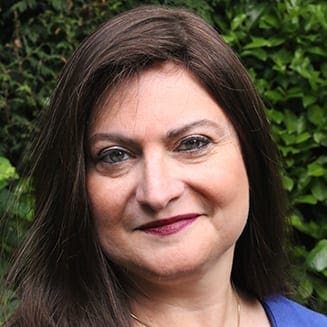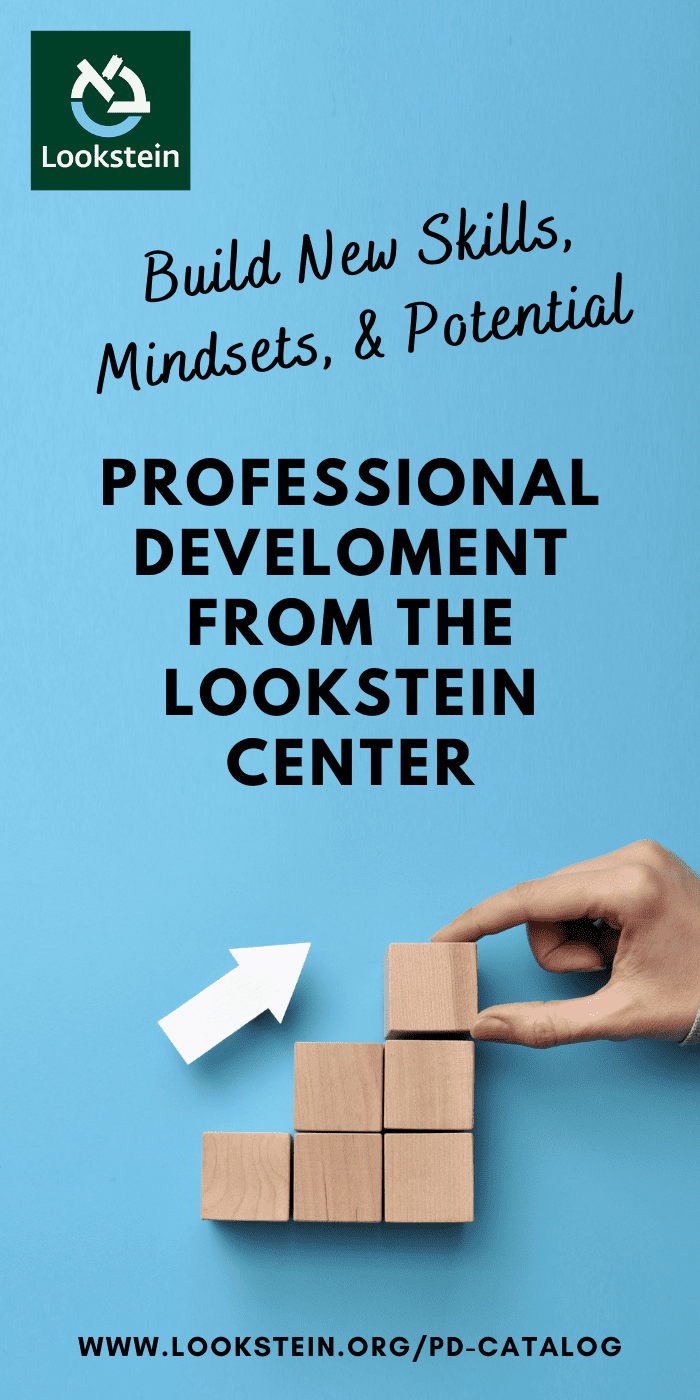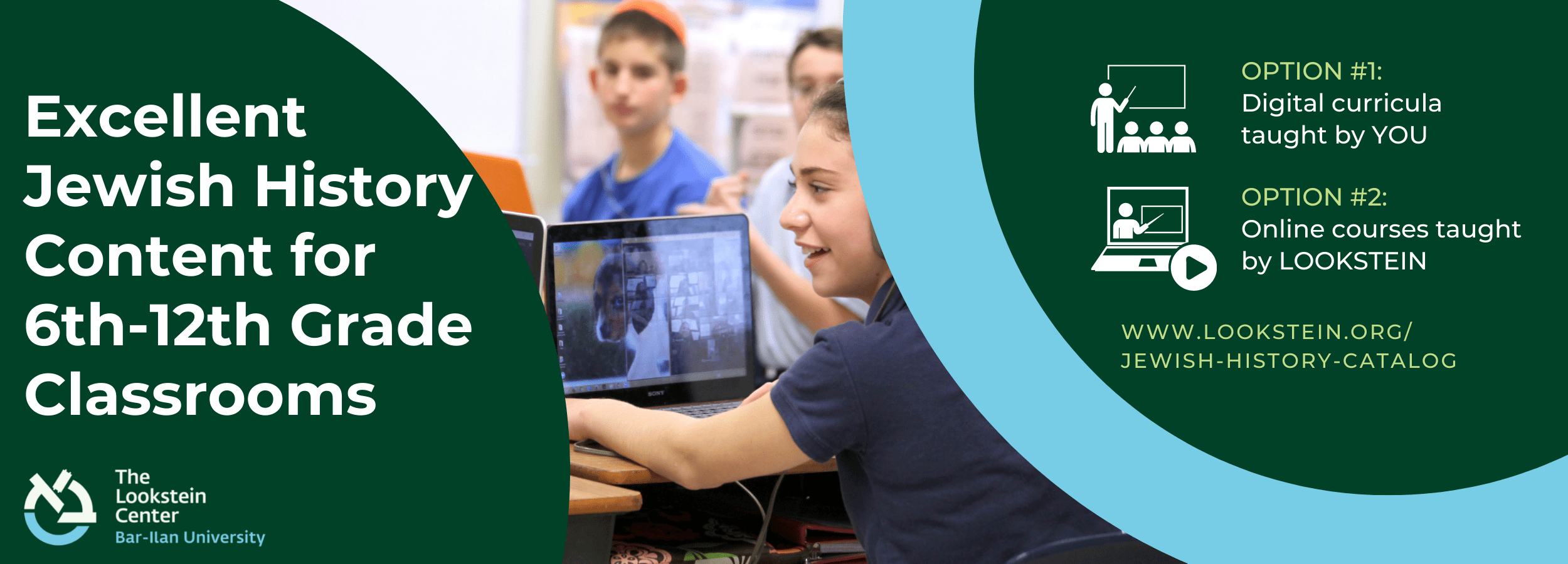Effective Partnership in Support of the Whole Child
Each morning during school term, parents wave goodbye to their children with the confidence that they will be cared for while being stimulated by quality lessons and activities, delivered by competent and caring staff. With the freed hours in the day, they can get on with life’s responsibilities and become the professional, the volunteer, the keep-fit, and the leisurely adult that is their chosen routine. When schools went on lockdown, suddenly the scaffolding that kept life ticking collapsed. Without warning or choice, parents were gifted (or lumbered) with taking primary responsibility for their children’s education. What lessons have we learnt from the last few months about how schools can facilitate the role parents play in their children’s education? How can these lessons be incorporated in a post-pandemic school culture to foster a better working relationship with primary carers, offering better mutual support?
Historically, education was a responsibility of parents and families until the Industrial Revolution and the move from village communities to big cities, when children’s education was progressively left to schools. The traditional model is expressed in the Jewish command to teach one’s children – veshinantam levanekha. Some argue that communities have allowed educational expectations to rest too heavily on the shoulders of teachers and schools, allowing parents to point a blaming finger when things go wrong, without acknowledging their share of the responsibility. It is clear from the Torah that there is much to be gained by maintaining parents involved in their children’s education.
As an educator and therapist who previously taught my children at home due to lack of suitable schooling, I can say that teaching one’s own children can be a delight and a nightmare, it just depends on the day. There were days where I felt on top of the world. The children learned well, my planned activities worked, they listened, there was no squabbling between them, and I felt like a good mother and educator rather than the referee of a poorly orchestrated rugby match. There were days when even my coffee needed a coffee to keep me going, and I had to remind myself to breathe and keep calm. Looking back at that time, I realize how precious an opportunity and gift it was to be a partner in my children’s education. Had support opportunities in the form of consultation with teachers and other mothers existed then, it would have enabled me to learn better educational and behaviour management skills from others in order to be more effective.
When my children later joined a school, I wanted to carry on supporting their learning but communication with the school was scarce. Information was too general and parent-teacher meetings too infrequent to be of purpose. I wanted to understand my children’s needs as perceived by their teachers so that I could be supportive of them, to guide them each in their own way, but was frustrated by the sparse communication. Just as children learn best when they are happy and feel cherished, appreciated, and understood, parents need to feel happy, cherished, appreciated, and understood to educate or support their children’s learning. Schools can help a parent feel a partner in their child’s education by cherishing their contributions and understanding their challenges.
The need for communication goes both ways. Children often behave differently at home and at school. Parents are often surprised to hear that their child acts in a different manner in a large group context, and with teachers and friends. There are great benefits to enabling parents and teachers to acquire a better understanding of the whole child. It can help teachers and parents promote integration of different ways of being, building confidence, self-esteem, and a growth mindset. It can also help pick up any mental health turbulences at an earlier stage. By mental health turbulence I mean identifying low self-esteem, poor body image, lack of confidence, social awkwardness, and obsessive tendencies, as well as more serious conditions such as childhood depression, eating disorders, and addictive behavior.
As life has become more complex and schools more aware of the role they can play, parents consciously or unconsciously leave schools to discipline and instill good moral and social values in their children. Some parents are hesitant to enforce boundaries, leaving teaching staff to be the ‘bad parent’ who disciplines, while they remain the ‘good parent’ who is forever giving, thus avoiding feelings of inadequacy or guilt. In cases where there is a complex family situation, financial difficulties, or illness, some might want to compensate for challenges by loosening boundaries. At other times, parents might be driven by subconscious messages, trying hard to be the parent they wish they had had or the parent who their child wants.
As such, teachers are increasingly functioning as therapists, mediators, and social workers. Most progressive educational institutions look to educate the whole child, imparting knowledge and skills as well as preparing them to be positive contributors to society, educating them on how to lead healthy and balanced physical, emotional, and spiritual lives. Thus, especially in an age where schools are bearing a greater portion of the overall education of children, the need for communication between the parents and the school is vital. Open dialogue with school staff can offer support and reassurance would help give parents direction and a range of techniques on behavior management. Schools might also facilitate parent groups where they can share ideas, experiences, and strengths and support one another.
Cohesion between messages children receive from teachers and parents is essential for holistic education. When parents and teachers conflict, a child struggles to conciliate the opinions of both sides, often causing him or her to lose respect for either teacher, parent, or both. A good working alliance between these two key role models enables the child to perceive congruence in the learning and life messages shared. This does not mean that parents and teachers need to always agree, have the same life-code or religious outlook, but it does mean that dialogue and agreement must take place for the child to receive a unified message. One time, a liberal parent told me that she was concerned about the learning messages her daughter would receive from me, a Chabad, haredi teacher. “There is much in our outlook that differs from yours”, she stated. I explained that there is much in our shared outlook that is the same, and that was what I was going to teach her daughter. We build a healthy open dialogue that prevented problems which lasted throughout the happy years her daughter attended my school. Clarifying how and what was going to be taught cemented this working relationship.
A positive working alliance can help parents understand the methodology and skills employed by the school for teaching different subjects so that they can support their child’s learning in the way it has been taught. I remember being shocked when I began teaching in England and found that long division is done differently than the way it had been taught to me as a child! I needed to learn the school’s methodology in order to teach accordingly. Whether it is learning to read, algebra, approaches to Jewish law, or any other subject, it is important that parents are offered an opportunity to understand the philosophy and approaches to teaching used by the school their child attends. Having workshops that enable parents to

Esther S. M. Cohen
Esther Cohen is a teacher, educator, therapist and Chabad Shlucha living in the UK. With over 35 years’ educational experience, she is Head of Religious Education at a Jewish Primary school with a multifaith intake, fostering personal development and wellbeing through Jewish Education. Esther is also a Pikuach (Jewish Education) inspector and a therapist working with university students.
See all the previous issues of Jewish Educational Leadership
When a school community grows to develop the warmth and loving care of a family, all parties benefit. A school community that is based on mutual respect and adherence to a shared vision and mission develop a sense of togetherness. This is a process that can only come about through building connections, engagement in the process, and approachability from all parties. Good communication is time-consuming, so it is fundamental that pressure on staff workload is taken into consideration. In an era where communication is easily accessible via WhatsApp groups, Zoom meetings, blogs, and many other platforms, information and support can be effectively set up to promote healthy and ongoing dialogue between all stakeholders in an education organization. This enables schools and parents to reach their ultimate goal: a holistic and meaningful education for all children, that fosters the acquisition of knowledge, wellbeing, as well as personal and spiritual development.



